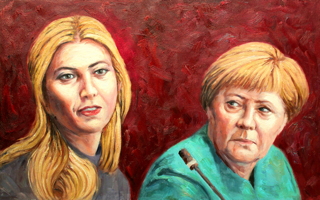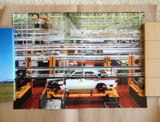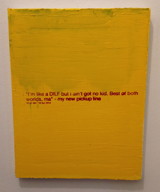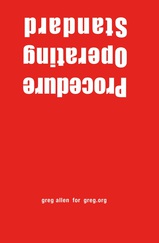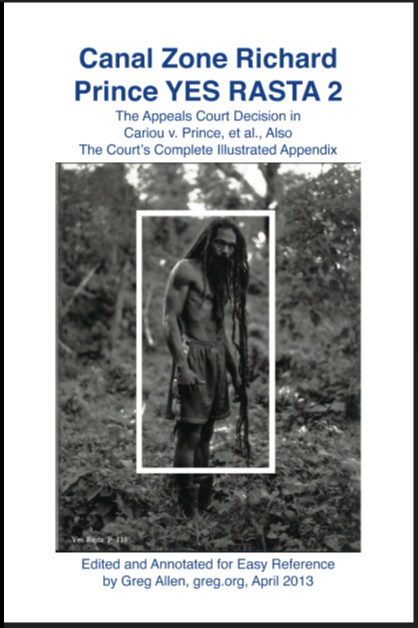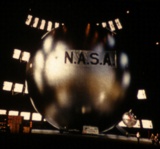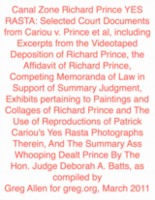The LMDC held a forum for the public to tell WTC Memorial Competition jurors what kind of memorial they want, and how to make it relevant to future generations. [Check here for an archived webcast.] In the 1,000-seat auditorium, approximately 500 seats were filled, 300 by firefighters and their families, who clearly came to the meeting with an impassioned, cohesive message: rescue workers must not go unrecognized in the memorial. Let me come back to this.
This, my first-ever public WTC event, was emotionally exhausting. Whatever effects I may still feel from the attacks, it pales in comparison to the formalized anguish that is central to Ground Zero Process veterans. It plots somewhere on the scale between consuming and addictive.
Nearly everyone was representing, reading from prepared (and, once their affiliation was known, largely predictable) statements. Twice, though, when rancor seemed ready to spill over, unscripted and wrenching comments from a family member silenced the room.
What can sometimes seem like another bullet point on the Memorial Guidelines suddenly felt like the memorial's very essence: for at least a quarter of the families the WTC site will be the only grave they will ever have. "Give us somewhere to go."
Because of the nature of their daily lives, firefighters and their families are more pre-something...prepared, I guess, for sudden (but not entirely unexpected) loss. Their culture is fiercely attuned to it. Other such "cultures" can learn from them how to come together and mourn and remember. But I think the ultimate unifying factor for all the people killed is not victim, target, rescuer, hero. It's daily life. These people were killed (or injured, or they made it out or sacrificed themselves for others) while living whatever lives they chose, and the memorial should reflect that.
[I said as much when I decided to make an impromptu statement; it's a little over two hours into the stream. Details later.]

